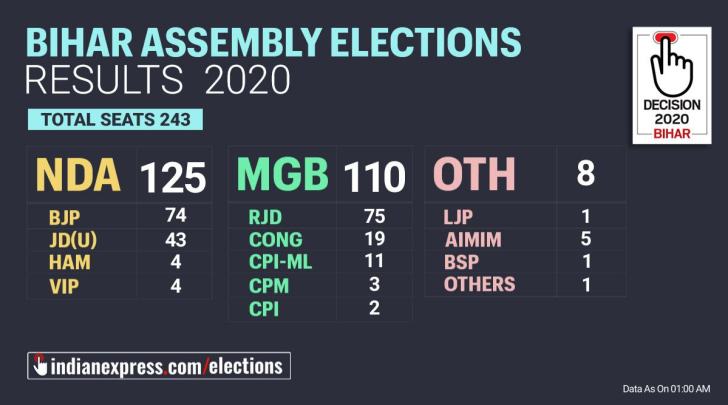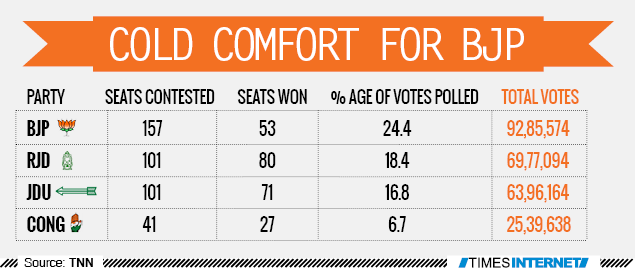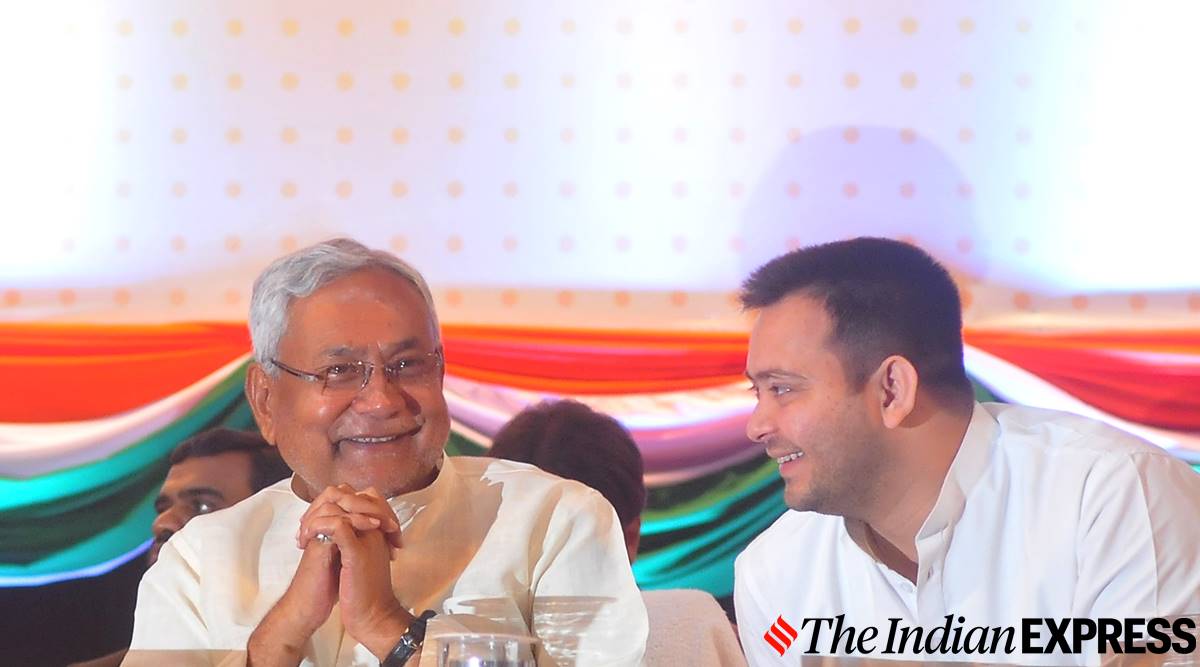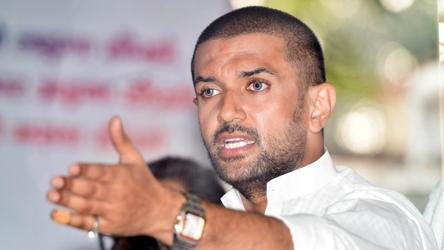You see, Vinayaka, Indian Constitution says that India is federal or secular, but our meaning differs from what is current in West. By secular we mean that if a Hindu get one Rupee then a Muslim also will get an equal amount, i.e., one Rupee. Equal treatment to all religions but none discarded. As for federalism, all government works are classified in three categories: 1. with the National government, 2. with the state government, and 3. combined responsibility decided by consultation. In case of dispute, all parties go to the courts. We have been following this for the last 73 years with quite a success.
So the people selected for Central government do their work in Delhi and the people selected for state government do their work in their own state. Apart from that we have a similar set up at the district level (Panchayati Raj, Panchayat - village council) and as municipal set up in larger town and cities. A Panchayat election will soon take place in Jammu and Kashmir, and a state election in W. Bengal is the next.
As perhaps you know, we have hundreds of regional and independent political parties and are not surprised if the number of prospective candidates goes beyond 100 at any place (185 once in Nizamabad, near Hyderabad). In such a case one voting machine is not enough and we have to have multiple voting machines, twelve in one case in each polling booth with their control machines which keep the paper record with the signature of every person who voted as described below. No eligible candidate can be refused. It is their democratic right to contest an election. And we take these machines even to places where there is no electricity or even if there is only one person who can vote (Gir mountains in Gujarat), and for that person a retinue of election official and security people may have to travel for a day or two. We take our elections very seriously. The law is that no person should have to travel more than 500 meters to reach a polling booth.
 India multiple voting machines - Google Search
An EVM Can Handle a Max of 16 Candidates: But How About 185?
India multiple voting machines - Google Search
An EVM Can Handle a Max of 16 Candidates: But How About 185?





